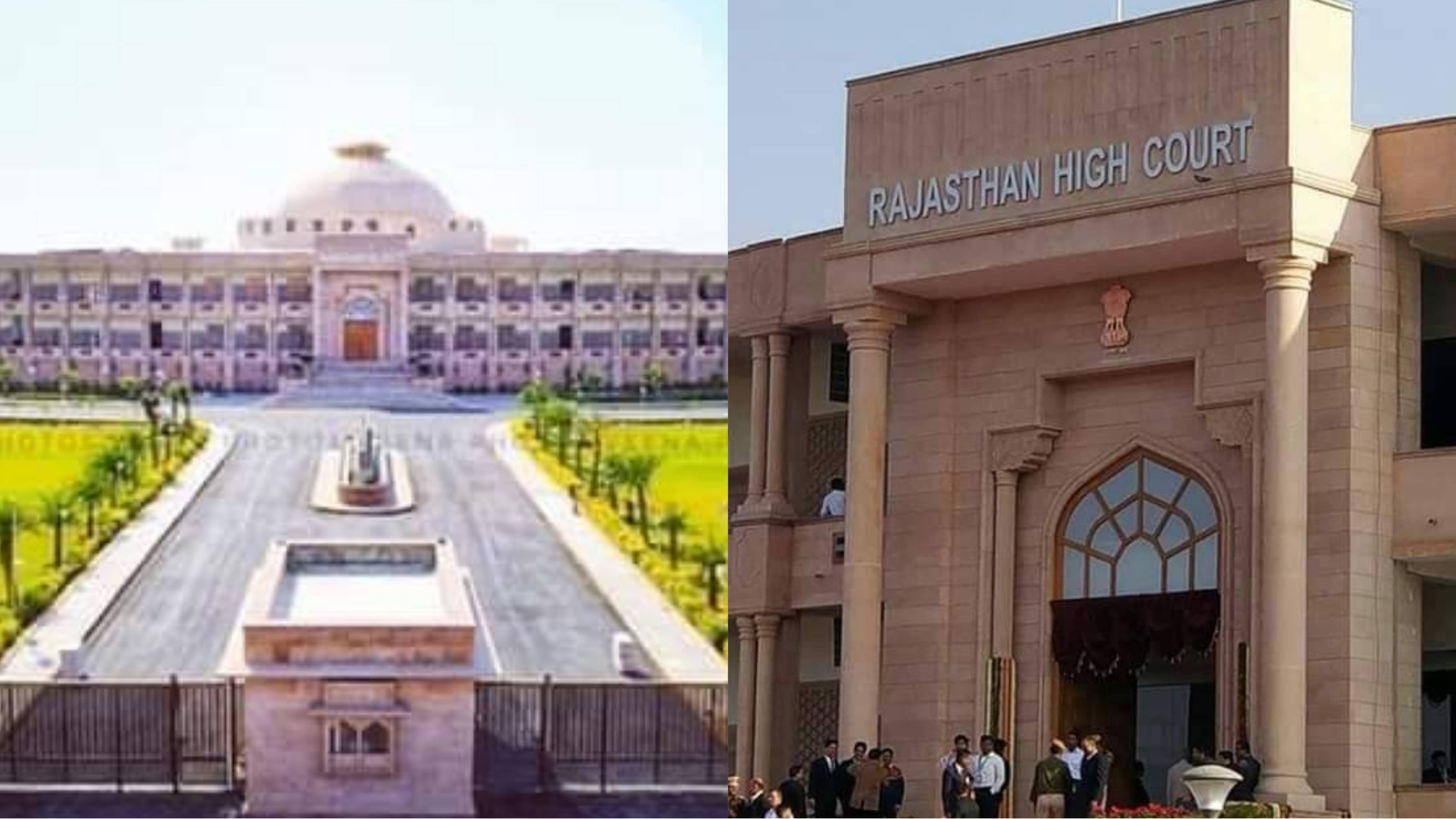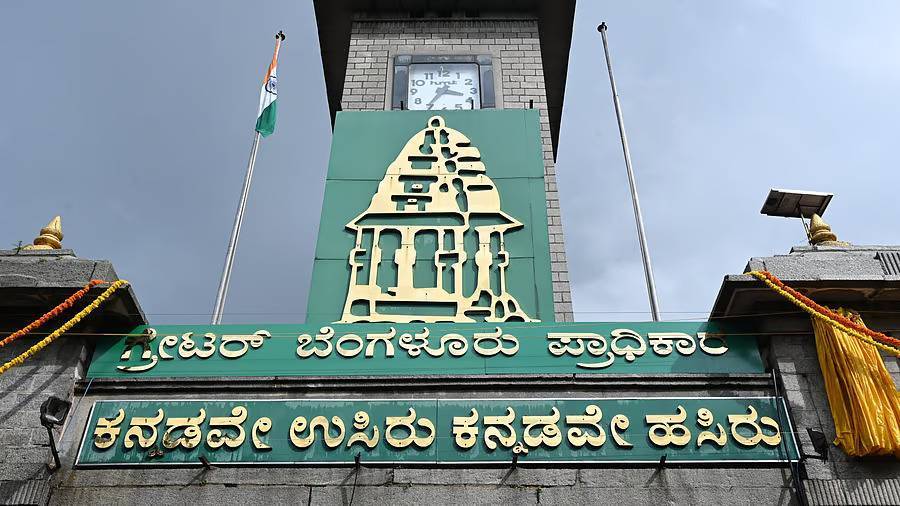The Rajasthan High Court recently ruled that developers cannot sell properties without providing essential amenities like water, drainage, and electricity. The court highlighted the need for strict adherence to construction regulations and directed the Urban Development & Housing Department (UDH) to issue a certificate confirming that a residential area is suitable for habitation before any sales. This ruling came after residents of Ansal Sushant City filed a Public Interest Litigation (PIL) in 2021, stating that they had been deprived of basic amenities for over 20 years.
Court’s Directive and Builder Responsibilities
This directive came in light of ongoing issues in several privately developed colonies, particularly in Jodhpur’s Sushant City. The residents, through their PIL, emphasized the hardships they have faced, especially the lack of drinking water, which has been an issue for two decades. The Rajasthan High Court, particularly the bench led by Chief Justice M.M. Shrivastava and Justice Madan Gopal Vyas, found the situation unacceptable, compelling the authorities to enforce the necessary development regulations.
The court emphasized the need for a certification process handled by the UDH before developers could proceed with selling homes. This certification would act as a guarantee that the property is livable and meets the criteria for essential services such as electricity, drainage, and water. If a developer or builder fails to meet these standards, they will be barred from selling any plots or houses.
This ruling serves as a precedent in ensuring that the development of residential areas does not overlook the necessities of modern living. The UDH secretary was ordered to take stringent measures and oversee all private developers to ensure compliance. Builders across the state will now be held accountable, with the responsibility to adhere strictly to approved development plans.
Impact on Residents and the PIL’s Importance
The PIL filed by the residents of Ansal Sushant City and the Sushant Lok Residents Welfare Society has become a landmark case in the state. Their 2021 petition brought to light serious deficiencies in housing projects that had been approved without ensuring basic amenities. The residents highlighted not only the lack of drinking water but also the absence of a proper drainage system and electrical connections, severely hampering their living conditions.
One of the key issues raised during the hearings was that thousands of families have been forced to live in such colonies, facing daily challenges due to the absence of basic infrastructure. Despite earlier court orders, no significant progress had been made, and the Rajasthan High Court criticized the development authorities for failing to implement these orders. For example, the Jodhpur Development Authority had been reprimanded several times for not taking adequate steps to resolve these long-standing issues.
This ruling is significant because it brings accountability to the forefront. The court has directed all state development authorities to ensure that future development plans align with the required amenities and are implemented before any property sales. This is expected to protect buyers from fraudulent builders who attempt to sell incomplete projects or projects lacking essential facilities.
Implementation Challenges
While the court ruling is clear, the real challenge lies in its implementation. Development authorities will need to enhance their oversight mechanisms, ensuring that every developer adheres to the rules. The authorities must now focus on creating checks and balances in the system to prevent builders from bypassing regulations. Moreover, with the ruling in place, urban development bodies are tasked with performing thorough inspections before issuing certificates to developers, which is an essential step to preventing the sale of non-compliant properties.
Legal and Policy Implications
This judgment sets a strong legal precedent for the regulation of housing developments in Rajasthan and potentially other states facing similar issues. It also highlights the vital role of PILs in addressing civic issues when government mechanisms fail to respond adequately. The court’s ruling places accountability not only on builders but also on the government departments responsible for urban planning and housing development.
On a broader scale, this ruling could prompt more stringent state policies regarding the certification of newly developed colonies across India. It may lead to reforms in housing regulations, ensuring that no new residential projects can be sold without basic facilities being in place.
This case has put builders on notice, making it clear that shortcuts in development at the cost of resident well-being will not be tolerated. Additionally, it also serves as a wake-up call to potential property buyers, encouraging them to be vigilant and inquire about the completion of basic amenities before purchasing properties.
Future Outlook
The ruling signifies a major shift towards protecting property buyers and ensuring they are provided with basic living conditions in private developments. Moving forward, this judgment could push developers to become more accountable and compliant with urban planning regulations. Furthermore, it will ensure a higher standard of living for residents in newly developed colonies across Rajasthan, and potentially inspire other states to adopt similar measures to protect homebuyers.
Image source- facebook.com









.png)